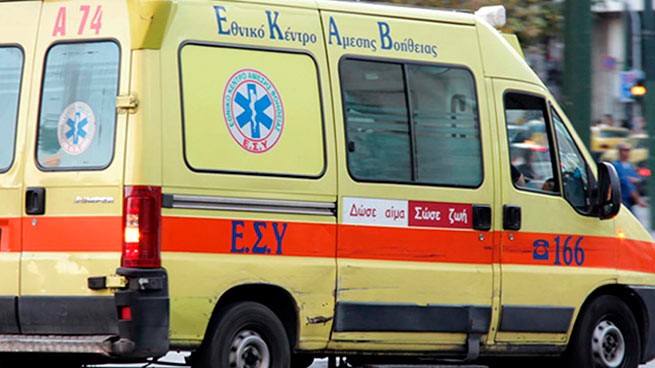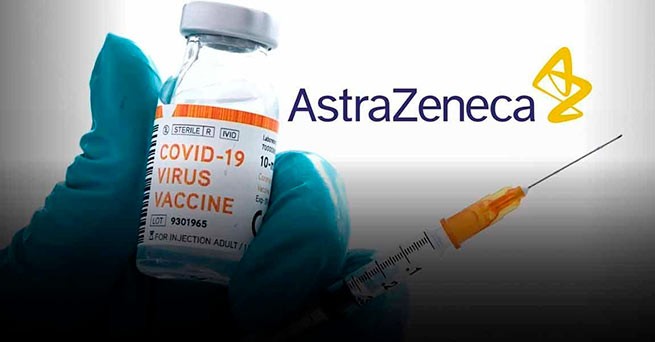Brad Pitt admitted to being unable to remember people's faces. The famous American actor admitted that suffers from the brain disease “prosopagnosia”, which prevents him from remembering faces. Pitt said this in an interview published in the American magazine Esquire.
In 2022, the actor revealed that he was suffering from a rare disease. The actor clarified that he has not been officially diagnosed, but admitted that for many years he has had great difficulty recognizing faces. He characteristically mentioned that this rare neurological disease would end his career. However, as the actor said, no one believes him. As a result, Pitt developed a reputation in the industry for being aloof and even self-centered.
“Nobody believes me! I want to meet another (person with prosopagnosia),” Pitt said. People with this disease may not recognize the faces of even close relatives, and in some cases, their own reflection in the mirror. To recognize people, they try to remember hairstyles, gait or the smell of perfume.
Brad Pitt first revealed that he suffers from prosopagnosia in an interview with Esquire magazine in 2013. According to the actor, the facial features of a person he meets disappear from his memory, even if he deliberately tries to remember them. “So many people hate me because they think I don’t respect them. So, I swear to God, I spent a year trying to tell people, “Where did we meet?” But it only got worse. People became even more offended, thinking that I was joking or mocking them. But every now and then someone would tell me the context, and I would say, 'Thanks for reminding me,'” Pitt shared.
Brad expressed desire to meet someone who, like him, suffers from prosopagnosia. At the same time, the celebrity does not hide the fact that this disease has not been officially confirmed for him. According to the actor, due to his inability to remember faces, he prefers to stay at home.
What is “prosopagnosia”
Prosopagnosia (from the Greek prósōpon, meaning “face”, and agnōsía, meaning “ignorance”), also known as “face blindness”, is a cognitive disorder of face perception in which the ability to recognize familiar faces, including one's own face (self-recognition), is impaired .
Let's start all over again. Ability to recognize faces important in many aspects of our lives, for our social relationships and interactions. Thanks to this, we recognize people close to us and react according to who is in front of us. For example, we may greet a friend differently than we greet our boss. However, why do some people recognize faces more easily?
At one end of the scale are people who have incredible ease recognizing faces they have seen only once, for a short period of time, or a very long time ago (so-called “super recognizers”). Such people usually work in the police, where this human characteristic is required to the maximum.
At the other end are people with “face agnosia,” those who have difficulty recognizing faces, causing problems in their social interactions. Those with this type of “face blindness” may not realize it until adolescence or even later.
For most of us, relative abilities lie somewhere in the middle (remember, forget, remember). It may seem like a single skill, but psychologists know that it depends on different mental processes that interact in complex ways.
How to Measure Face Recognition Score
To view it correctly, you need to know what it consists of. It is noted that different tests give different results. One of the methods is used to establish the diagnosis of “prosopagnosia” from which Brad Pitt suffers. The study participant is presented with two photographs of faces and asked whether they belong to the same person or to different people. The ability to match is especially important for some professions, such as when someone's identity needs to be confirmed at passport control.
However, the ability to match faces does not automatically make a person a “super recognizer.” Some matching tests are not so difficult as to allow “super-recognizers” to demonstrate their abilities.
Let's look at the Cambridge Facial Memory Test https://pubmed.ncbi.nlm.nih.gov/16169565/ which assesses the ability to learn to recognize faces. In this test, we memorize the faces of different people and then try to find them among three pictures of gradually increasing difficulty. Successful passing of this test depends on our ability to distinguish visual differences between faces and remember them.
Finally, we can also measure the ability to recognize familiar faces. In this case, we draw material from our long-term memory. This could be our family members, friends or an actor from our favorite TV series. Most of these tests ask us to identify famous people from recent photographs or footage before they become famous.
What kind of “personality agnosia” does Brad Pitt suffer from?
It is interesting how the degree of susceptibility to this disease is correlated in some tests. If you're good at one facial recognition task, you'll probably be good at another. According to the researchers, there are some common factors that play a role in the facial recognition process (https://pubmed.ncbi.nlm.nih.gov/28077292/), which also explains the correlation between results in different tests.
However, a person can do well on one test and be weak on another. For example If you have problems with working memory, you may have trouble remembering new faces and recognizing familiar ones. If you have problems with long-term memory, you may have difficulty remembering familiar faces. Finally, if you have problems with concentrationthis may affect your ability to recognize faces in everyday life, but not in the laboratory where you are fully focused.
Scientists usually use several tests, examining different aspects of this human ability. Each time, the performance of an individual is compared with the performance of a large sample of the population as a whole. In addition, what the person reports about their daily life should be taken into account. Some may OK to pass the Cambridge Facial Memory Test in the laboratory, but have difficulty recognizing friends and family members on the street.
Accordingly, low results on various tests may be a sign of “prosopagnosia”, but are not a clear diagnosis. Therefore, it is necessary to develop more reliable measurements that reflect real-life conditions, where the process is much more complex: most tests use photographs, whereas in everyday life faces make complex and subtle movements. To get the full picture, tests need to more accurately differentiate types of facial recognition disorders.
https://www.youtube.com/watch?v=3-MzNPcEh6M







More Stories
Who likes an adventure holiday?
Identification of Ukrainian pensioners-2024: 4 ways to avoid being left without money
Almost 6 out of 10 Greeks watch TV or videos on the Internet. How are things going in Europe?